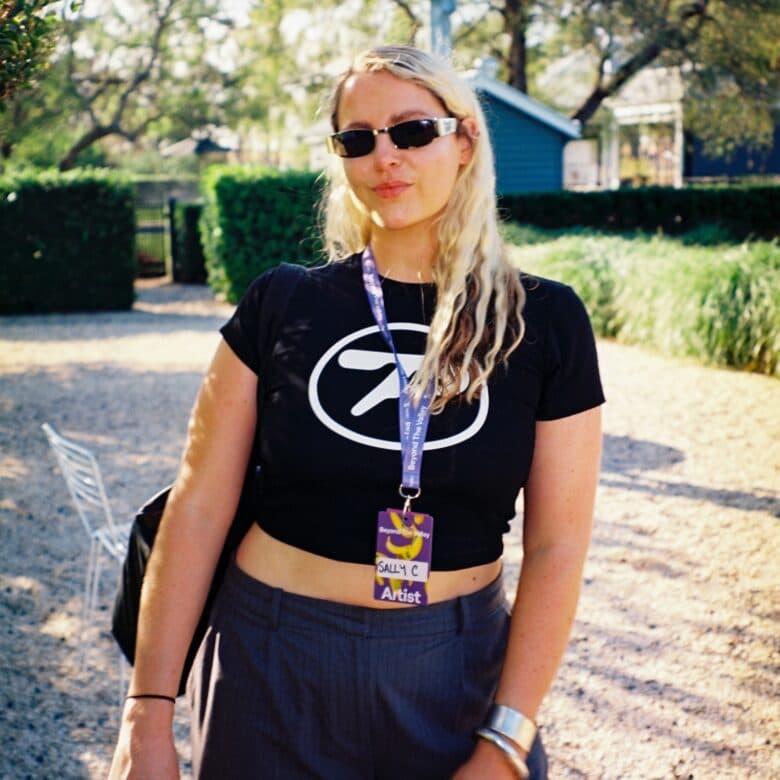Joel Kim Booster: “My biggest critics are gay men”

Netflix specials, hit movies and hefty producing credits — Joel Kim Booster’s resumé reads like a Hollywood success story. Beneath the glitz, however, it’s something of a different, but still familiar, tale. Despite writing and starring in 2022’s Fire Island, his queer take on Pride and Prejudice, Booster admits his relationship with his own community remains complicated. “My biggest critics are gay men who’ve called me ‘bad representation’,” he says. “But this isn’t a performance — it’s who I am.”
It’s cutting criticism about a guy who is acutely aware of how overdue a film like Fire Island was. “There’s such little curiosity about other cultures when you’re the dominant culture,” Booster says of the “straight” population. They “don’t like feeling like ‘the other’. Even if it’s just for 90 minutes.” The South Korean American multi-hyphenate is a funny guy. He has earned that impressive roster of his. He’s “paid [his] dues”. And we reckon he’s only just getting started.

Jordan Rossi: What are your thoughts on masculinity?
Joel Kim Booster: Being at the intersection of gay and Asian identities makes it incredibly loaded. Asian men are often seen as less masculine in Western culture, and gay men have a complex relationship with masculinity — either obsessing over it or their lack of it. It’s hard to parse what aspects of my relationship with masculinity come from trauma around my identities versus what’s authentically me.
JR: What has been your experience as an Asian man in the gay community?
JKB: There are a lot of expectations and assumptions, particularly around sexual roles. Everyone assumes I’m a bottom. Sometimes I’ll be in group situations and notice every other Asian person is bottoming, and I start thinking about representational politics. I should just be enjoying myself. It’s ridiculous that I have to weigh the political ramifi cations of my sexual position.
JR: You’ve faced criticism from within the gay community — can you talk about that?
JKB: My biggest critics are gay men who’ve called me “bad representation”. But this isn’t a performance — it’s who I am. And I’m a pretty standard gay guy in many ways. And some stereotypes exist because they refl ect reality, and some things just aren’t stereotypical. It was important to show characters reading in Fire Island — that’s not a gay stereotype!
JR: Why do you think there’s pushback from within the gay community?
JKB: There’s just not enough representation. But I’ve never claimed that Fire Island reflects the universal gay experience. It was my personal story. If people don’t see themselves reflected, they should support other voices or create their own work. I think there’s often a lot of misplaced anger — especially when the media promotes something as, like, “finally, a movie for gay people”.
This excerpt was taken from HUNGER Issue 34: Fight Back. Stay tuned for the full story.
- Photographer and WriterJordan Rossi
- StylistEdwin Ortega
- GroomerTammy Yi at Exclusive Artists using LAB SERIES
- Photographer's AssistantMassimo Campana
- RetouchingFTP Digital




